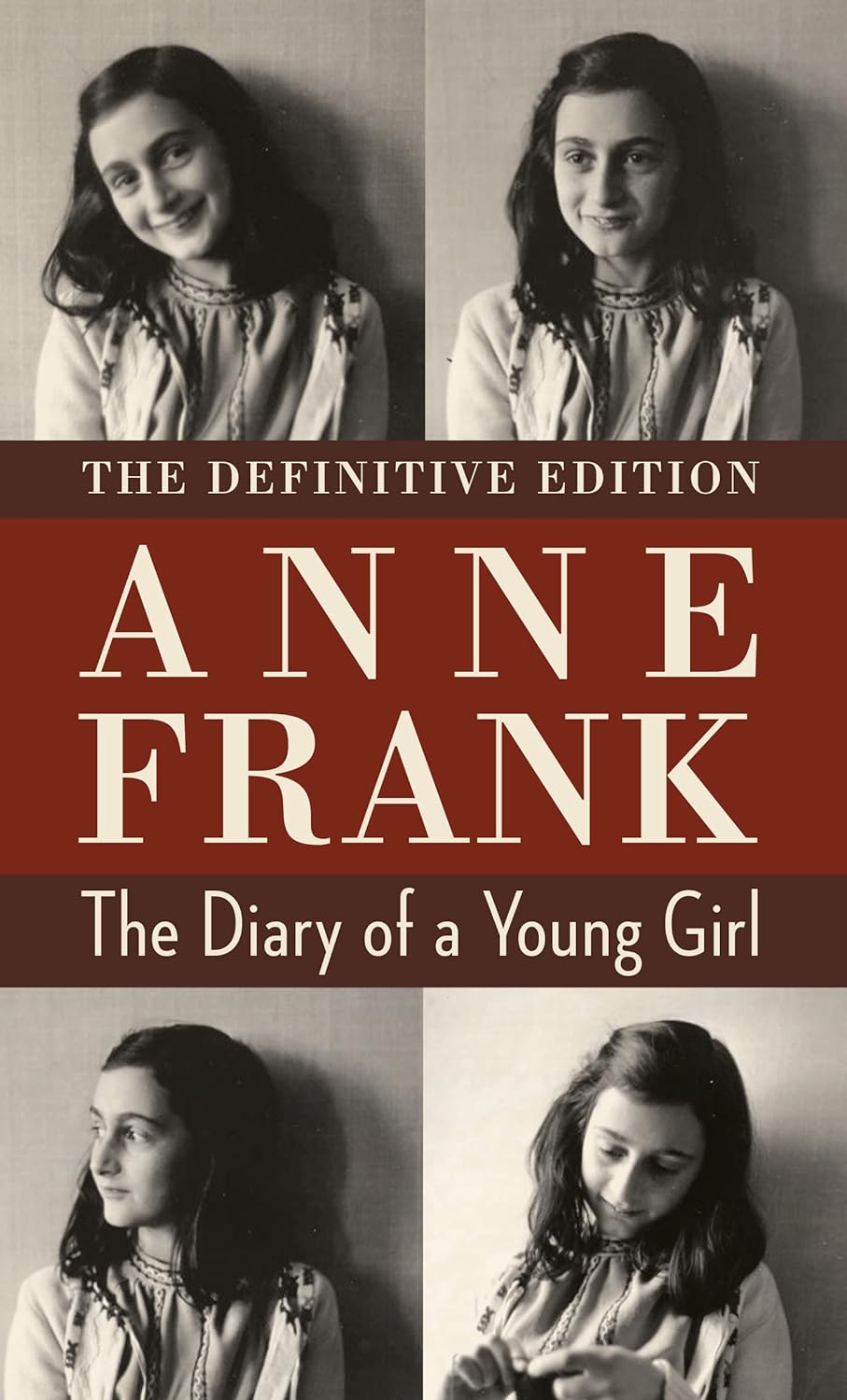The Diary of Anne Frank
“The Diary of Anne Frank” is a poignant and compelling firsthand account of a young Jewish girl’s experiences during the Holocaust. Anne Frank, a teenager forced into hiding with her family in Amsterdam to escape Nazi persecution, documents her thoughts, feelings, and observations in a diary she received as a birthday present. The narrative spans from June 1942 to August 1944, providing a profound insight into the daily struggles, fears, and hopes of Anne and her fellow inhabitants of the secret annex.
Anne’s writing is marked by its authenticity and emotional depth. Her introspective and articulate reflections reveal a keen intellect and a resilient spirit in the face of unimaginable adversity. She candidly explores the challenges of living in confinement, the strained dynamics within the hiding place, and her own personal growth. Anne’s sharp observations also touch on universal themes of adolescence, identity, and the quest for meaning.
The diary is more than just a historical document; it is a testament to the human spirit’s ability to find solace and hope in even the darkest of times. Anne’s aspirations for the future, her dreams of becoming a writer, and her belief in the goodness of people resonate profoundly. Tragically, Anne Frank’s life was cut short, but her legacy endures through her powerful words.
The strength of “The Diary of Anne Frank” lies not only in its historical significance but also in its ability to evoke empathy and provoke deep reflection. It serves as a stark reminder of the atrocities of the Holocaust and the importance of preserving human dignity. This timeless literary work continues to captivate readers, fostering a profound understanding of the human experience in the face of injustice and persecution.








